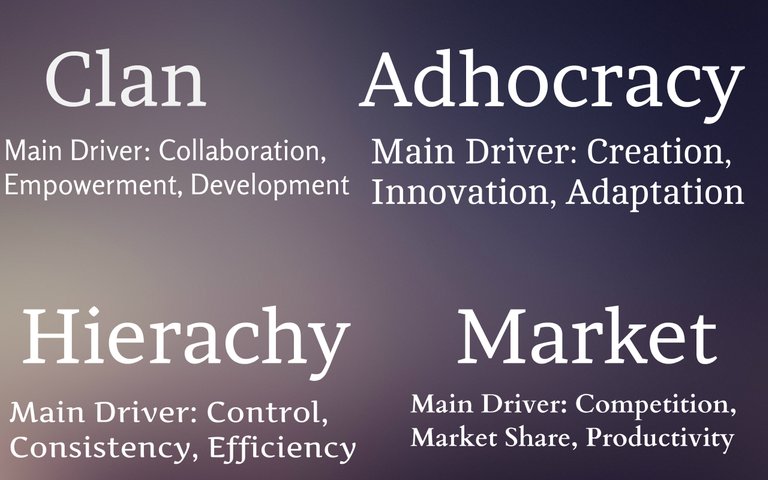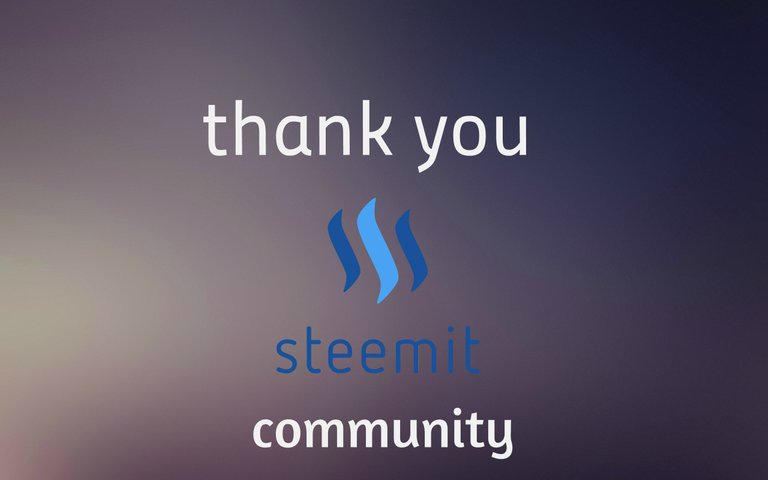
Organisational Structures - Tailored For an Efficient Business
Organisations are built upon the common ideas , resources and goals of the people who are willing to work together.
Organisational structures are frameworks used to distribute the workload, allocate resources and coordinate groups.
Organisational structures can sit on a spectrum, with the ends being: controlled structures and the more relaxed, laissez-faire alternative.
Organisational Cultures - The Political Climate
Now, organisational cultures are different. Think of the organisational culture of your work as the political climate. Organisational culture is variable to the organisation you belong to, and its culture is directly dependant on its tolerance towards risk-taking, innovation, regulations, treatment of employees and emphasis on team work.
There are four noticeable organisational structures, each with a main driver:
Examples of each:
Clan - US-based Zappos: Managers are told to spend 10-20% of the time with their employees to stimulate a collaborative environment.
Adhocracy - Google: Most of the time employees must work on Google's prescribed tasks. A fraction of the time, employees are encouraged to work on their own projects to catalyse innovation.
Market - Car sales companies which fire executives who don't meet their sales goals.
Hierachy - Government entities like postal services
How We Are Prescribed Culture
You may have noticed a values framework poster hung-up near the water-cooler at work. If it encouraged self-improvement, your organisation may have been one of an adhocracy.

Culture is often transmitted to employees via three mediums:
- Symbols
- Stories
- Heroes
- Rites and Rituals
Symbols often propagate an organization's most important values. They can even be sold to customers, as they come in many forms, even tangible products. Such examples are phone companies which want to portray their edge as a cheaper alternative by producing $100 or less smart-phones as well as their regular stock.
Stories are narratives based on true events which are generally derived from how the founder started the company and what values they espoused. Such an example is the story of Colonel Sanders for KFC.

Heroes incentivise employees to work by having the founding of the organisation be from someone who overcame the odds or made a altruistic decision for the best of mankind. Such a hero would be Warren Buffett of Berkshire Hathaway, or Bill Gates of Microsoft.
Another Hero who I assume we all know but don't really is Satoshi Nakamoto of #Bitcoin
Rites and Rituals are ceremonial occasions which an organisation has. Such examples are employee relay events or a weekly bootcamp that some companies deliver.
All in all, the main purpose of these organisational motifs is to uphold and encourage already espoused values or beliefs, to keep the organisation on its path.
An Organization's Success Vs Its Culture:
According to a 25-year long study, organizational cultures which had an adhocracy, clan or market culture had overall greater levels of employee satisfaction, innovation and higher quality products.
Research has also shown that Market cultures tend to output greater returns and financial development.
This makes sense as market cultures are generally forged on competition.
Hey #steemit, what is your guess of the culture you work for, and are you satisfied with it?
Well that was me summarising a snippet of my BUS101 notes. I hope this was slightly educational.
Glad to have you on Steemit
REPORTS FOR NEWBIES Welcome to visit: